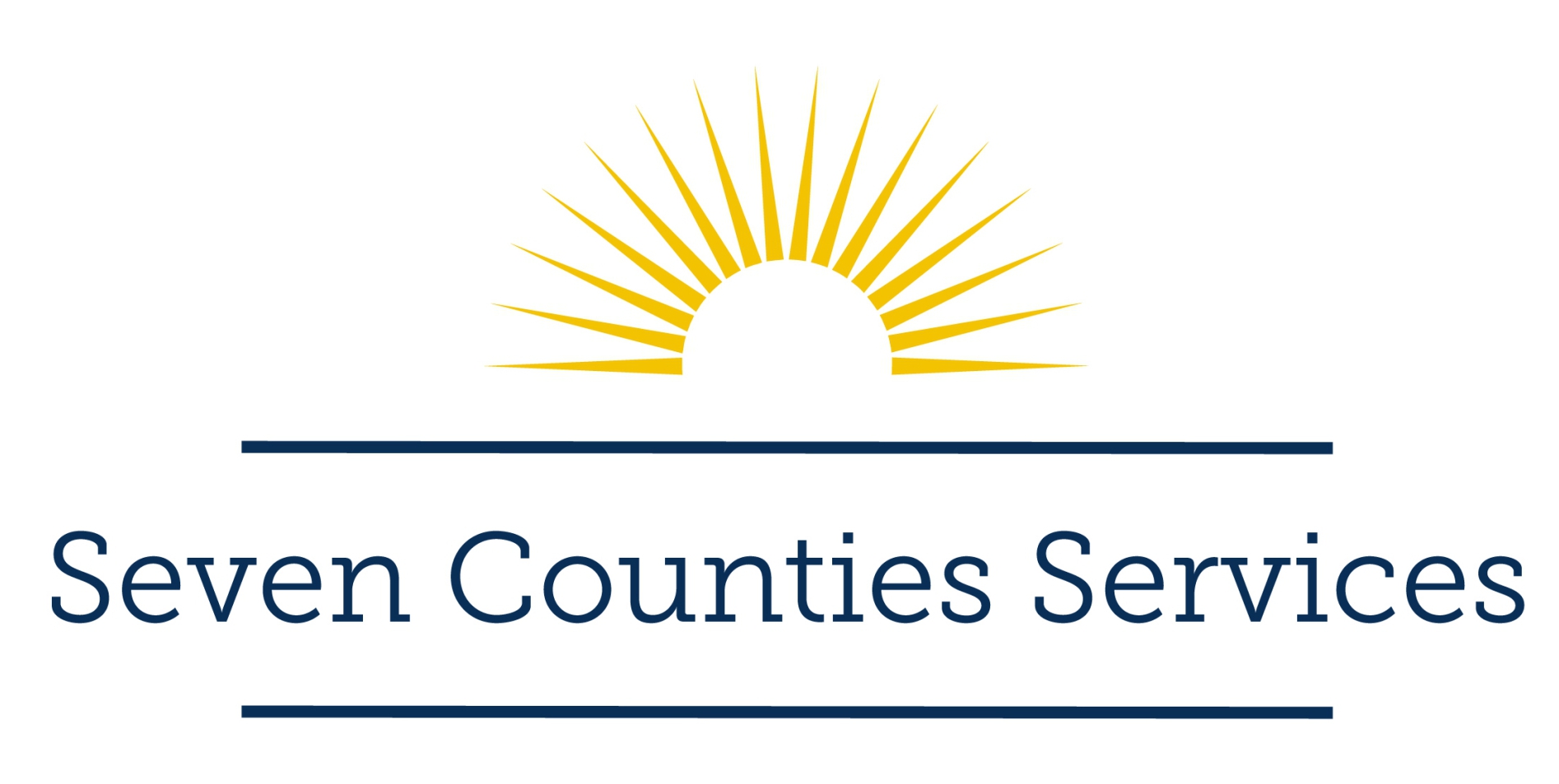Autism Spectrum Disorder
Autism Spectrum Disorder (ASD) impacts the normal development of the brain in the areas of social interaction, communication skills, and cognitive function. ASD can be diagnosed at any age, but typically presents before the age of three. People with ASD might struggle with talking to others, understanding social cues, and repeat certain behaviors. Every person with ASD is different, just as all of us are unique individuals. That’s why the specific symptoms of ASD vary based on the individual. The right supports, care, and treatment can assist individuals with ASD to reach the goal we all have: to lead full, happy, and meaningful lives.
Potential Factors of ASD
ASD does not have one specific cause. Instead, several environmental, biological, and genetic factors have been identified that may increase the likelihood of a person having ASD. While more research is needed to know more about specific causes, the CDC suggests that the following may put children at greater risk for developing ASD:
- Having a sibling with ASD.
- Specific genetic or chromosomal conditions include fragile X syndrome or tuberous sclerosis.
- Experiencing complications at birth.
- Being born to older parents.
Signs and Symptoms
People with ASD may show a wide range of symptoms. These can vary greatly in type and severity. This is why it is called a “spectrum” disorder. Below are some examples of common behaviors that people with ASD may have. Not all people with ASD will have these behaviors, and this is not a complete list of potential behaviors.
Social Communication and Interaction Behaviors
- Difficulty making eye contact when speaking with others.
- Difficulty showing or expressing emotion.
- Taking longer than usual to respond or process thoughts.
- Having trouble keeping a conversation going.
- Speaking out of context or on preferred topics that others do not find interesting.
- Using facial expressions, gestures, and tone in a way that other people may find strange.
- Difficulty understanding the actions or emotions of others.
- Finding it hard to act appropriately in social situations.
- Difficulty making friends or playing imaginatively.
Restrictive and Repetitive Behaviors
- Repeating certain behaviors or phrases.
- Having a strong interest in specific topics.
- Being overly focused on certain things.
- Struggling with changes in routine.
- Being sensitive to sensory input.
Supports
Starting treatment for ASD as soon as you can, once diagnosed, is important. Early intervention and treatment can improve the quality of life for people with ASD. Since ASD can show up differently in each individual, not all interventions and treatments are the same. It’s better to talk with a doctor or healthcare provider to determine which treatments and/or services may help most and create a treatment plan.
At Seven Counties Services, we believe everyone deserves the opportunity to live a fulfilling life in the community, regardless of the impact of their intellectual or developmental disability diagnosis. We provide support for individuals of all ages to help them achieve greater independence and emotional well-being. Our services are centered around the individual’s needs and promote overall physical, emotional, and mental health. To learn more, set up an appointment online or call (502) 459-5292.
Reviewed by Becky Wolf MSW, Vice President of Developmental Services at Seven Counties Services.




